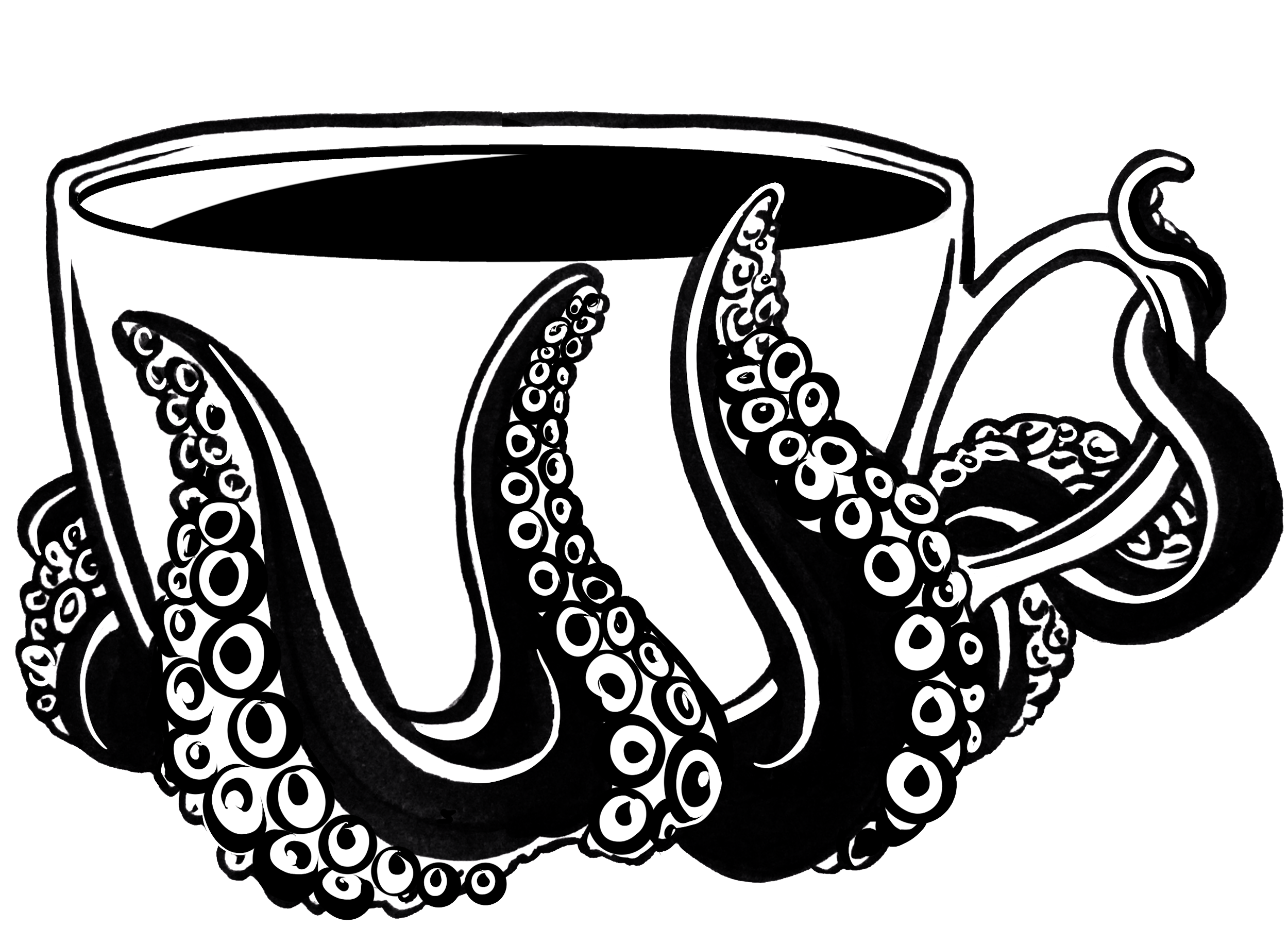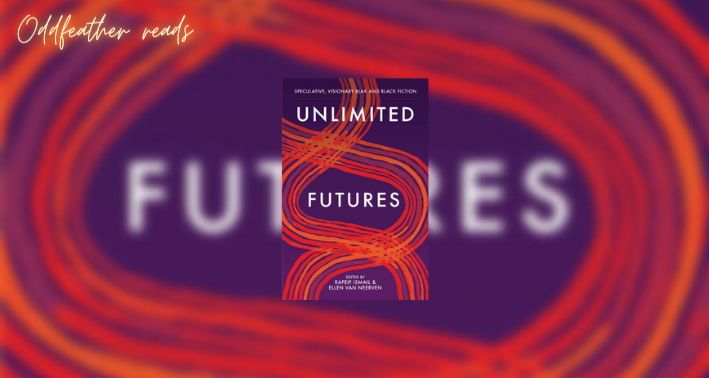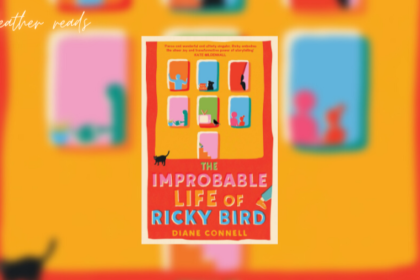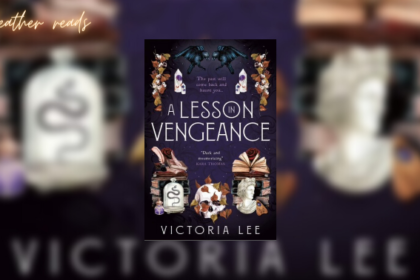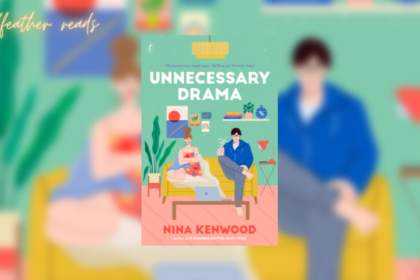Unlimited Futures is an anthology of speculative, visionary Blak and Black fiction edited by Rafeif Ismail and Ellen Van Neerven. This incredible book includes short stories and poetry established writers such as Alison Whittaker, Mykaela Saunders and Ambelin Kwaymullina, and also introduces a raft of new and emerging talent. These Own Voices stories by First Nations and Blak and Black writers run the gamut of spec fic, from futuristic technology to sentient creatures and land; the breadth and depth of imagination found in these works is wholly original and inspired.
The introduction to this collection is a series of transcribed conversations between the editors over a period of months, discussing the purpose of the anthology and what it will do. At one point Ellen Van Neerven says:
‘..[this work] makes no apologies; it gives no explanations. Sometimes our communities feel like they have to write for a certain audience, sometimes there’s a pressure as a First Nations writer to represent First Nations people. We wanted to free writers from those pressures.’ (page 13)
The stories in this work are engaging and profound, their meanings sometimes layered beyond what reading them in English can reach. For example, Yirga Gelaw Woldeyes’s poem ‘I have no country’ is presented in both Amharic – Indigenous Ethiopian script – and English, the texts set side by side. The poem is strange and beautiful, full of movement and place and the intersections of mind, body and spirit. At the end there is a postscript explaining the philosophies behind the poem and what it aims to do. Then it says:
‘The translation is as close to the original Amharic as possible, but with major phrasing changes given English and Amharic have such different syntax structures. Unfortunately, the English translation loses much of the Amharic rhyme and rhythm, but I have tried to make the English as elegant as possible while still communicating the Amharic message.’ (page 125)
The poem in English is a beautiful piece of writing, but including the Amharic script and then the postscript after it presents the reader with something of a dilemma; knowing that the poem was written and intended to be read in another language, a First Nations language, means that a reader reading it in English will always miss part of it. The script is there in the book, it can be read in its full, original form if the reader learned, or already knew, that language. But in this way, the deeper meaning and experience of this piece of writing is kept within the words of a living, un-colonised language, accessible only to those who would take the steps to learning that language. English-readers can read and enjoy the poem, but it is not the full, deep, entire work, and thus the writer shifts the power-balance away from colonial, white-centric English to become First Nations-centric.
Later in the anthology Afeif Ismail’s piece ‘White Dunes’ is presented first in English and then in Arabic script, but this piece does not have a postscript; the reader is left to assume that the Arabic version contains more details and nuance than the English one, like Woldeyes’s piece.
This anthology was published in a collaboration between Fremantle Press and Djed Press and continues a welcome and essential change in the tide of publishing in Australia towards centering and celebrating Own Voices stories. It is essential reading for everyone, not just lovers of speculative fiction and poetry, and debuts many new and emerging voices into the Australian literary scene.
I was provided a free copy of this book by the publisher in return for an honest review.
